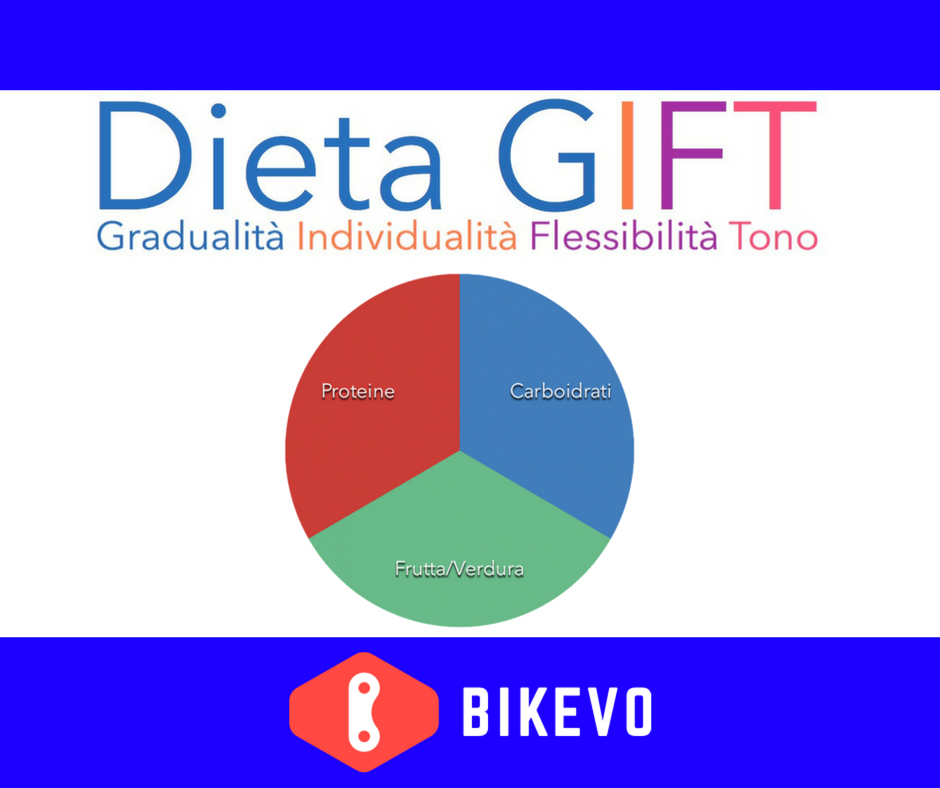In the Gift diet the word “diet” does not mean depriving yourself of calories. It is a way of life to allow you to be healthy.
The Gift Diet was developed fourteen years ago by Doctor Luca Speciani, with whom I have been working for some time.
In the Gift diet the word “diet” does not mean depriving yourself of calories. It is a way of life to allow you to be healthy. Losing weight is a positive side effect from the psychophysical well-being that is achieved through a healthy diet and by making sure the right signals are present. Food is the gas which we put into our bodies to allow it to carry out all the main functions: living, breathing, moving, keeping healthy and, why not, also being toned and slender.
In 1994, the American researcher Jeffrey Friedman discovered in our adipose tissue a molecule called leptin, from the greek "leptos" which means thin and skinny. When administered to obese rats that lacked this molecule, leptin caused immediate and rapid weight loss. This discovery attracted the attention of many researches and above all pharmaceutical companies, all desperately looking for a magic pill that could be made chemically, a panacea for the growing global obesity problem, the disease of the century.
Leptin is a metabolically active messenger that through our circulatory current, namely our blood, warns the hypothalamus of any abundance or lack of nutrients. This is what the word signal means.
If my nutrition is normocaloric, meaning that I eat as much as I need every day, then leptin circulates and plays a dual function. It inhibits the feeling of hunger and speeds up my metabolism by acting on the hypothalamus, the most ancient part of our brain. The hypothalamus directs many of our primary vital functions such as hunger, thirst, sexual desire, alternating waking and sleeping, body temperature, cardiac activity, and peristalsis. The vital functions also include our instinctive emotions such as fear, anger and pleasure.
The hypothalamus, in the presence of leptin, turns off the sense of hunger and stimulates the thyroid gland for an active metabolism. It also activates other metabolic axes, such as the adrenal gland, which produces cortisol that will make us alert and energetic, the gonads for well-functioning ovaries and testes, and GH for well-developed muscles and bones. If I eat enough, my adipose tissue is in balance, leptin circulates and my metabolism is higher so that I do not store excess fat and reduce my muscle mass, but I stay slim, toned and full of energy.
Leptin is not the only signaling molecule produced by our body. There are many others that send signals to our brain and at the central level coordinate our metabolism speeding it up or slowing it down. It was discovered that many signaling molecules are located right in our adipose tissue. The adipose tissue is an important organ and not just a huge silo for fat deposit. Instead, it is a careful coordinator of many of our metabolic responses.
Friedman’s experiments demonstrate that externally administering leptin has a lipolytic effects. It causes weight loss but only in those mice that genetically lack the production of this molecule. It does not have an effect when externally administered to mice that already produce the "thinness hormone". They develop a sort of resistance to leptin, as if they have become deaf for its message.
When we have been overeating for years, our bodies have learnt to protect themselves from excess leptin circulating for long periods of time. We develop a sort of resistance and become deaf for the signals leptin is sending, namely to stop feeling hungry, and we close the communication channels with the pituitary gland. This is the reason why obese persons, even when they continue to overeat, do not experience feelings of satiety.
If, instead, we are fixated on the idea that to lose weight you need to eat less and think that calorie restriction is the only solution, we aggravate the situation. Also in this case the hypothalamus is not getting any messages to stop the feelings of hunger. It will therefore maintain a line of prudence and try to burn as little as possible. This is why many athletes, even when they cut back on food and exhaust themselves with long and intense training sessions, are not able to lose that annoying belly that is so difficult to carry up a steep climb.
When circulating, leptin sends messages to the hypothalamus to use everything we eat, absorb what we need, invest in muscles and dispel the rest in heat. If leptin is not circulating, our thyroids are slow and investment in body fat is favored over investment in muscles, this being the body’s best strategy to cope with food shortages.
The objective remains a full and proper nutrition to promote an active rather than a slow metabolism through a series of tricks that will be discussed in the next articles.

Barbara Fedrigo
You might also be interested in



